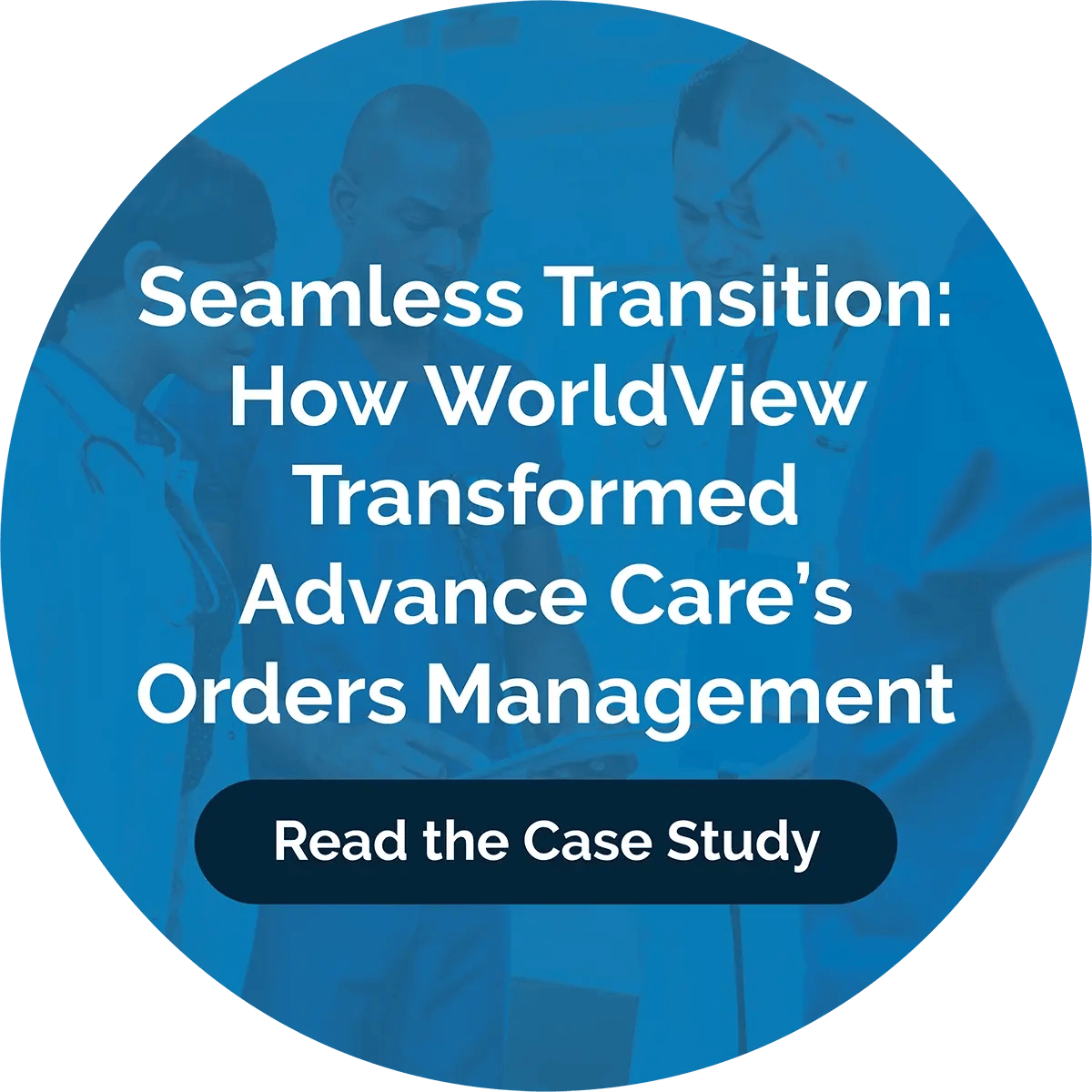Patient Lifecycle Management: Definition, Benefits, and Solutions

The patient-provider relationship is central to quality care. Patients who have more positive provider relationships tend to report better health outcomes and a better overall experience from a patient perspective, thanks to the provider’s ability to advocate.
Advocating for patients isn’t always easy in a fragmented health system, but contemporary technologies make it easier. Automation and centralization let providers focus on their patients at all phases of care.
This type of focus is called patient lifecycle management — a transformative concept in the health care environment.
What Is Patient Lifecycle Management (PLM)?
The patient lifecycle is built on the concept of the customer lifecycle — the transformation of an interested consumer to a loyal customer. In medicine, the journey starts with the first encounter and continues throughout the person’s relationship with the provider.
Patient lifecycle management is the process healthcare providers use to deliver optimal experiences. It involves quality clinical care as well as personalized attention and patient engagement between appointments.
Effective patient lifecycle management requires the use of integrated systems. Those systems allow clinicians and administrators to prioritize each patient and individualize their care.
Key Benefits of Patient Lifecycle Management Systems
Patient lifecycle management systems improve care delivery in multiple ways. The central benefit is streamlined administration, a crucial element for patients with complex care needs.
Patient lifecycle management allows agencies and other providers to put patients first.
Improved Patient Experience and Outcomes
Positive experiences lead to better outcomes for home health patients. Lifecycle management systems allow hospice providers to facilitate a smoother experience with less uncertainty and fewer communication delays.
This reduces and may even eliminate patient frustration, particularly when transitioning between setting such as hospital and home. It also reduces the likelihood that a home health provider will lack information from an inpatient or outpatient system.
Chronic and end-of-life care patients experience countless emotional and logistical stressors. Patient lifecycle management helps alleviate those stresses by facilitating better communication.
Streamlined Clinical Processes
Home health is part of an intricate network of services. Without centralized communication hubs and updated records, providers don’t always have the information they need to provide quality care.
Patient lifecycle management systems close that gap in several ways.
One key function of lifecycle management is the use of centrally managed electronic forms (eForms). eForms streamline administrative processes by simplifying the collection and distribution of patient data.
Effective care depends on accurate patient information and easy access by providers. With a lifecycle management solution, all providers working with a patient can access the most current available information from a single location.
Lifecycle management software also simplifies and verifies the completion of essential forms. An administrative mistake on a critical piece of paperwork can lead to care delays at best and dangerously incorrect choices at worst.
Patient lifecycle management solutions provide convenient eForms so providers and families can fill in the correct information as soon as possible. These solutions, including WorldView’s, also scan completed forms for errors and flag potential errors before they impact patient care.
When used effectively, lifecycle management eForms reduce administrative time and help patients get care more quickly without compromising confidentiality or HIPAA compliance.
Optimized Decision Making
According to a study published in Canadian Family Physician, the official journal of the College of Family Physicians of Canada, electronic records help providers make better patient decisions. Among physicians who reported using electronic medical records, 65% noted an improvement in care quality.
The study cited multiple benefits of electronically managed records, including:
- Less redundant testing, thanks to more accessible information
- Better access to screening tools
- Support in choosing the most effective care strategies
- Improved achievement of disease management targets
This centralized system supports more informed decisions that patients experience as better care. Patients notice when providers understand their entire health picture instead of only what that provider has seen and tested for.
The result is a stronger continuum of care and treatment for the whole patient instead of a single symptom or disease.
The WorldView Solution for Better Patient Lifecycle Management
As a home healthcare professional, you need a strong administrative advocate on your side. WorldView is ready to be that advocate, offering a healthcare data lifecycle management solution that improves the quality of care.
WorldView’s comprehensive solution supports providers with administrative task automation, document management, and physician order tracking. Each clinical decision is more informed and better supported, resulting in a better patient experience across the entire lifecycle.
Designed for the home health agency, WorldView is mobile and fully HIPAA-compliant. Wherever you and your patients are, our patient lifecycle management solution lets you provide top-notch care. Learn more today and start making care easier — for you and your patients.
Blog Post Tags
HealthcareGet Awesome Content Delivered Straight to Your Inbox!
Posts by topic
- Healthcare
- Business
- AI
- Hospice
- AP Workflows
- Home Care Management
- hospice-care
- General
- Industry Insights
- agency
- Blog
- Commercial
- reporting
- Data Analytics
- billing
- referrals
- News
- Referral AI
- business goals
- Operations
- business development
- partners
- Integration
- Healthcare Trends
- leadership
- Medicare
- Compliance
- audit
- medicaid
- Better Charting
- Home Health Reimbursement
- Medicare Compliance
- regulations
- Application
- Automation
- CMS Updates
- finance
- CRM
- DMSi
- Events
- KanTime
- LUPA Threshold
- Press Release
- Revenue Growth
- Announcements
- Artificial Intelligence
- EHR
- ESign
- Guides
- Homecare Homebase
- Mobile
- PDGM 2026
- Physician Order Tracking
- axxess
- clinical
- document management
- home Health Operations
- hospice workflow
- interoperability
- payor
- workflow automation See All See Less


.png?width=596&name=23%20(1).png)
.png?width=596&name=1%20(18).png)
.png?width=596&name=1%20(14).png)